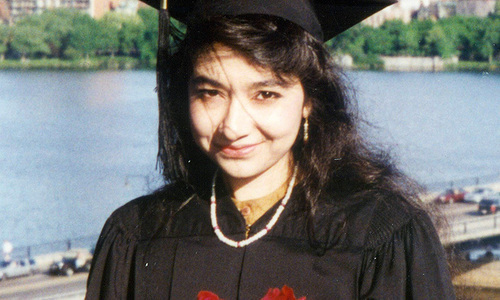WASHINGTON: A US judge has granted the legal team of Dr Aafia Siddiqui, sentenced for allegedly attacking US personnel, access to new and confidential evidence that could potentially strengthen a clemency request.
The order, issued by US District Judge Richard M. Berman, allows Ms Siddiqui’s lawyers to access crucial discovery materials, which date back to 2009, under strict conditions as they contain information that “could… pose a threat to public safety and the national security” if improperly disclosed.
Clive Stafford Smith, one of the lawyers actively advocating for Ms Siddiqui’s release, expressed optimism about the new material, saying he had retrieved “compelling new evidence about the ‘Black Site’ where Aafia was held after time in the Bagram isolation cells.”
Separately, Mr Smith filed a 56,600-word clemency petition, aiming to highlight the complexities and injustices surrounding Ms Siddiqui’s case.
The legal team based the motion on a statute that allows a person in federal custody to challenge their conviction or sentence on specific grounds, including: the sentence violates the US Constitution or federal law; the court that imposed the sentence lacked jurisdiction; and/or the sentence exceeded the maximum authorised by law.
Such a motion is typically filed in the court that sentenced the individual. It serves as a post-conviction remedy similar to a federal habeas corpus petition, but is specifically used for federal prisoners.
Another statute quoted in the motion provides a mechanism for reducing a federal inmate’s sentence, often for compassionate reasons like serious health conditions or other “extraordinary and compelling reasons.”
Published in Dawn, October 10th, 2024















































